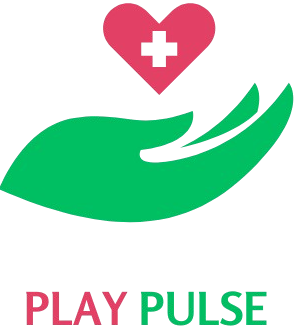In recent years, the landscape of healthcare has undergone a significant transformation with the advent of online medication services. This revolution has brought convenience, accessibility, and efficiency to the forefront of healthcare delivery, reshaping the way people manage their health and access essential medications.
Gone are the days when obtaining medication required a visit to the doctor’s office followed by a trip to the pharmacy. Today, individuals can conveniently order their prescriptions online with just a few clicks, thanks Medication online to the proliferation of online pharmacies and telemedicine platforms. This shift has been particularly beneficial for individuals with chronic conditions or mobility limitations, who may find it challenging to visit physical pharmacies regularly.
One of the primary advantages of online medication services is the convenience they offer. With busy schedules and demanding lifestyles becoming the norm, many people struggle to find the time for routine healthcare appointments. Online pharmacies eliminate the need for in-person visits, allowing individuals to order their medications from the comfort of their homes and have them delivered right to their doorstep. This convenience not only saves time but also reduces the burden of travel and waiting in long pharmacy queues.
Moreover, online medication services have democratized access to healthcare, especially for those living in remote or underserved areas. In regions where access to healthcare facilities is limited, online pharmacies serve as a lifeline, ensuring that individuals can still obtain essential medications without having to travel long distances. This is particularly crucial for patients with chronic illnesses who require regular medication refills to manage their conditions effectively.
Furthermore, online medication services have enhanced medication adherence and patient safety through features such as automated refill reminders and comprehensive medication management tools. These platforms allow patients to set up reminders for medication refills, dosage schedules, and potential drug interactions, thereby reducing the risk of missed doses or medication errors. Additionally, many online pharmacies employ licensed pharmacists who can provide personalized guidance and support to patients, ensuring that they use their medications safely and effectively.
However, despite the numerous benefits of online medication services, there are also challenges and considerations that need to be addressed. One of the primary concerns is the proliferation of illegitimate online pharmacies that may sell counterfeit or substandard medications, putting patients’ health at risk. To mitigate this risk, regulatory bodies and healthcare organizations must implement stringent quality control measures and accreditation standards for online pharmacies, ensuring that they adhere to established safety and quality guidelines.
Furthermore, privacy and security concerns regarding the handling of sensitive medical information in the digital realm remain valid. Patients must be assured that their personal and medical data are safeguarded against unauthorized access or misuse by implementing robust data encryption protocols and compliance with healthcare privacy regulations such as HIPAA (Health Insurance Portability and Accountability Act).
In conclusion, the rise of online medication services represents a paradigm shift in healthcare delivery, offering unparalleled convenience, accessibility, and efficiency to patients worldwide. By leveraging technology and innovation, online pharmacies have empowered individuals to take control of their health and well-being, regardless of geographical barriers or logistical constraints. However, it is essential to address regulatory, privacy, and security challenges to ensure the safe and responsible

